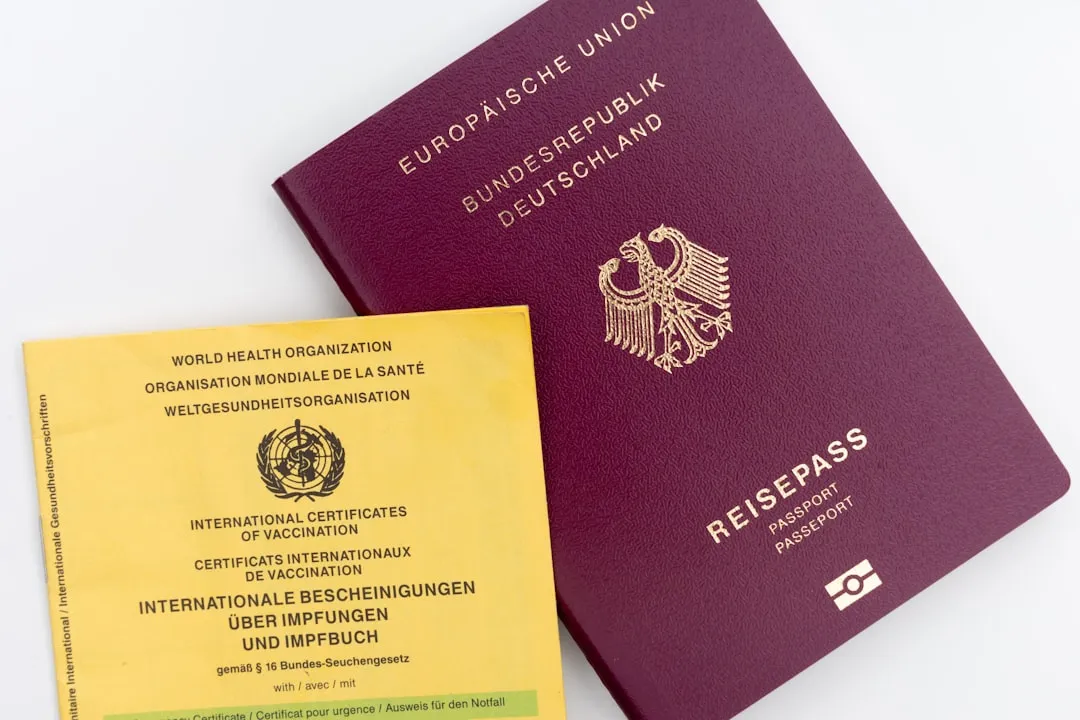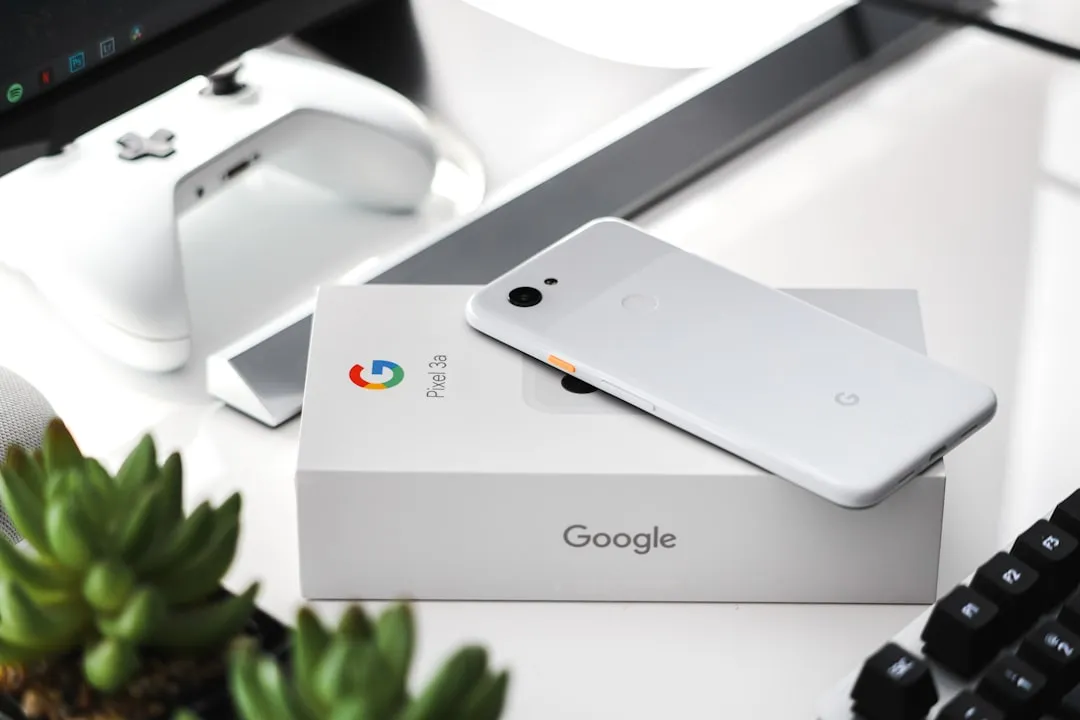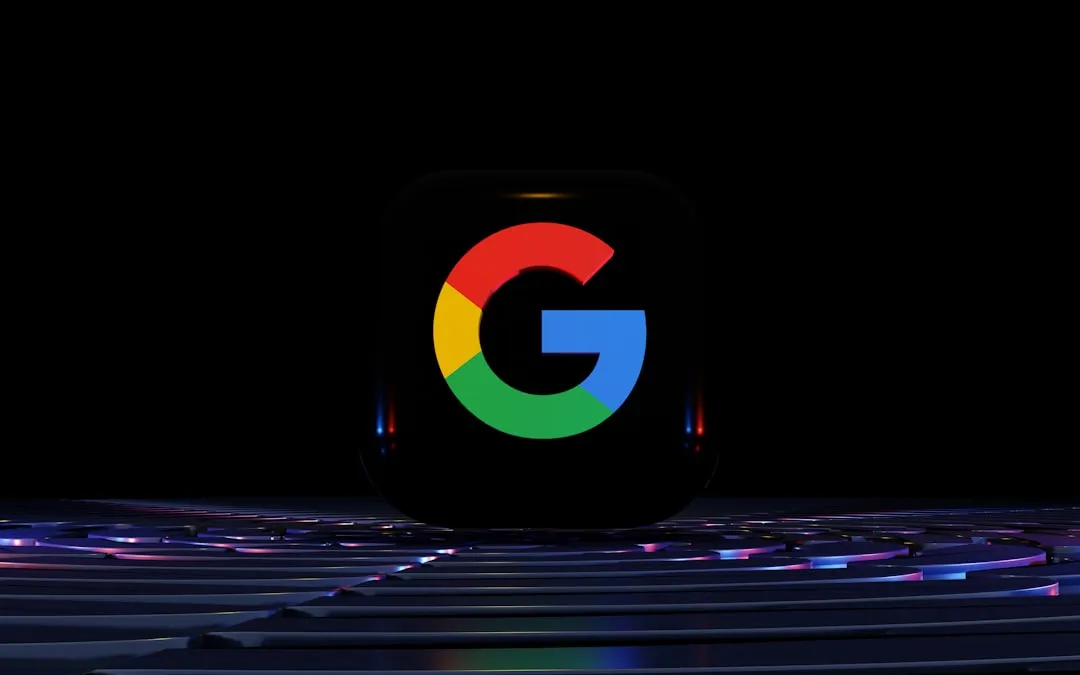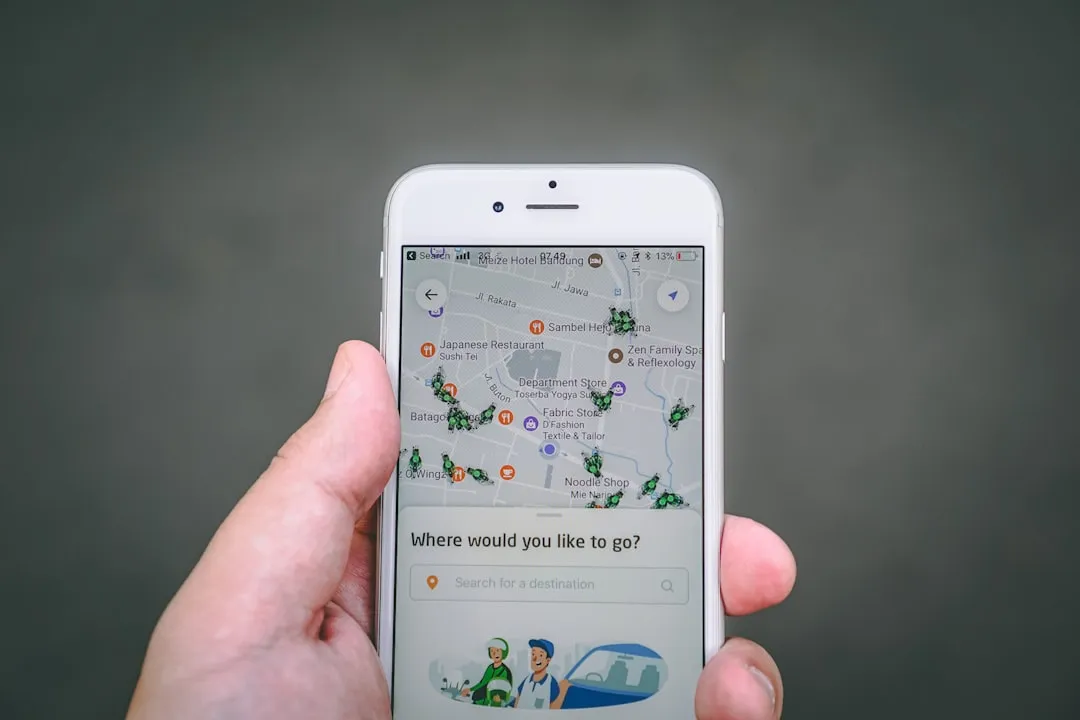Google just rolled out a major Chrome update that’s going to change how you handle those tedious online forms. Chrome can now automatically fill in your passport details, driver’s license information, and vehicle registration data, taking the browser’s convenience factor up a notch. This expansion builds on Chrome’s existing capability to handle addresses, passwords, and payment information, according to TechCrunch (https://techcrunch.com/2025/11/03/chrome-can-now-autofill-your-passport-drivers-license-and-vehicle-registration-info/). The rollout is available globally across all languages as of Monday, marking Google’s latest move to keep Chrome competitive in a crowded browser landscape where AI-powered alternatives are gaining momentum (https://techcrunch.com/2025/11/03/chrome-can-now-autofill-your-passport-drivers-license-and-vehicle-registration-info/).
You know the drill. You hit a government portal, it asks for your license number, and you start rummaging. Wallet, glove box, that folder in the closet. Those days are about to fade. This is not just shaving seconds, it cuts a daily friction point that quietly steals time.
What’s new in Chrome’s enhanced autofill toolkit?
Here’s what hits your desktop today. Chrome’s enhanced autofill now handles passport numbers, driver’s license details, and vehicle info like license plates and VIN numbers when you fill out web forms. With enhanced autofill enabled, these details can populate automatically when a site asks for them, as detailed by TechCrunch (https://techcrunch.com/2025/11/03/chrome-can-now-autofill-your-passport-drivers-license-and-vehicle-registration-info/).
Picture renewing your registration online, booking an international flight, or slogging through a tax or visa form. No more flipping through your passport to chase that long string of digits. No more fishing through your glove compartment while a tab times out.
It plugs into Chrome’s existing autofill setup, so it feels native, not bolted on. The browser still asks for confirmation before it fills anything, keeping you in control of when and where your sensitive data appears.
How Chrome keeps your sensitive information secure
Chrome already requires explicit permission and encryption for autofill data. For passports and licenses, it layers on extra privacy safeguards. When Chrome processes form data, it sends generic labels like “first name,” not your actual “Jessica,” maintaining privacy during the autofill process, according to Google Support documentation (https://support.google.com/chrome/answer/14271924?hl=en&ref_topic=9845306). Chrome also adds random data to labels and attributes sent to Google servers, which prevents your real information from being transmitted while the system learns what a form field is asking for.
Think of it as teaching the system the shape of the lock without ever showing it your key. Chrome sends obfuscated field labels and adds noise to attributes so Google does not receive your raw field values; it uses those obfuscated signals to predict field types.
Encryption matters here. This is the same level of protection used for saved payment info. Google has handled sensitive financial data through Chrome’s autofill for years, so the security framework is battle tested.
Pro tip: even with those protections, be selective about where you allow autofill. Just because Chrome can fill your passport number does not mean every travel site earns that trust.
Chrome’s broader strategy against AI browser competition
This enhancement is part of Google’s push to keep Chrome on top as AI-first browsers crowd the field. Google has been steadily adding helpful features, TechCrunch reports (https://techcrunch.com/2025/11/03/chrome-can-now-autofill-your-passport-drivers-license-and-vehicle-registration-info/).
The company also expanded Gemini AI integration to all Mac and Windows desktop users in the U.S., moving beyond the previous limitation to Google AI Pro and Ultra subscribers, according to the same report (https://techcrunch.com/2025/11/03/chrome-can-now-autofill-your-passport-drivers-license-and-vehicle-registration-info/). That shift positions Chrome as an accessible AI platform instead of a premium upsell.
Google is playing offense and defense. Offense, by shipping time savers like enhanced autofill that solve daily headaches. Defense, by making sure Chrome does not feel creaky next to browsers promising AI-powered everything.
Google’s roadmap includes agentic capabilities, AI Mode search integration in the address bar, enhanced Gemini features, AI-powered scam detection, and automatic password resets, positioning Chrome as more than a traditional browser. These are not just incremental tweaks, they reframe what a browser can be as competitors push autonomous navigation and quick-fire summaries.
The timing tracks. As Arc, Brave, and others weave AI into everyday tasks, Chrome has to grow from a simple viewer into a smart helper.
What’s coming next for Chrome users
Bottom line, this is the start of Chrome leaning harder into assistant territory. Google plans to add support for more data types in the coming months, though it has not said which categories are next, TechCrunch notes (https://techcrunch.com/2025/11/03/chrome-can-now-autofill-your-passport-drivers-license-and-vehicle-registration-info/).
If the pattern holds, expect more high-friction documents to join the party. Think professional licenses, insurance policy numbers, maybe even medical info with strict safeguards. That is a guess, but the infrastructure is clearly set up to handle additional document types.
Meanwhile, smaller quality-of-life tweaks keep landing too, like automatic notification disabling for inactive websites and smoother switching between work and personal Google accounts, according to the same source (https://techcrunch.com/2025/11/03/chrome-can-now-autofill-your-passport-drivers-license-and-vehicle-registration-info/). Individually minor, together they chip away at the little annoyances that nudge people to switch browsers.
The enhanced autofill feature is available now for desktop users globally, so you can start saving time on government forms and travel bookings immediately. You will see the option to save this information the next time a form asks for passport or driver’s license details, just watch for Chrome’s familiar autofill prompt.
As AI browsers keep pushing the envelope, expect Google to keep Chrome competitive with smarter automation and practical intelligence. The takeaway: Chrome is not chasing flashy AI for hype’s sake, it is leaning into fixes that actually help. That is the kind of AI most people will use without thinking twice.























Comments
Be the first, drop a comment!